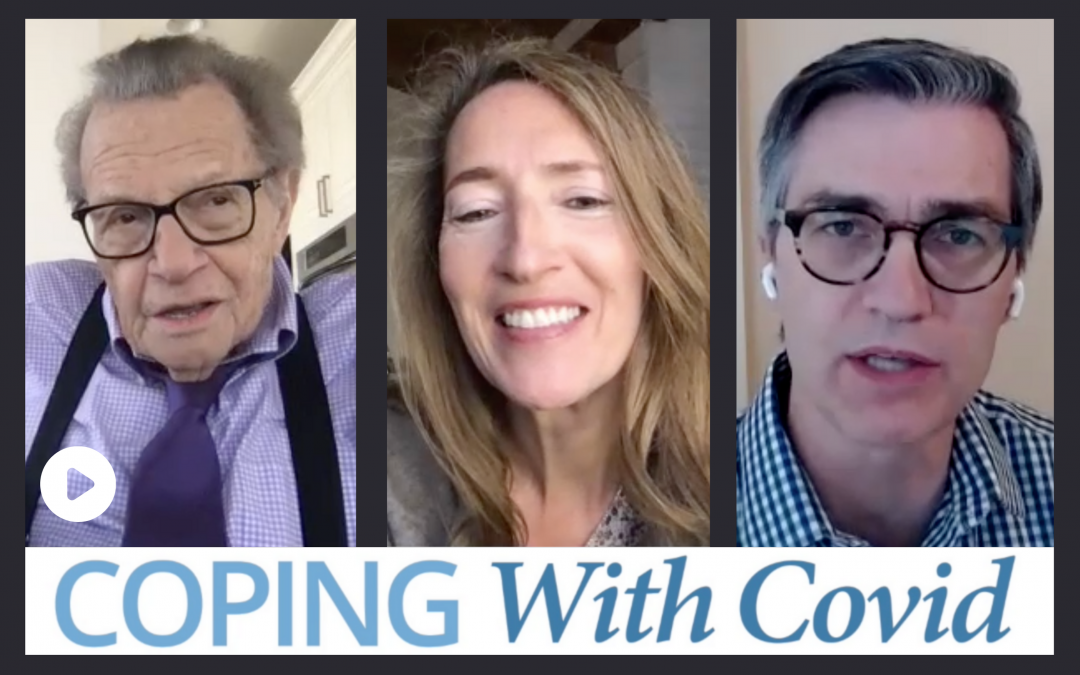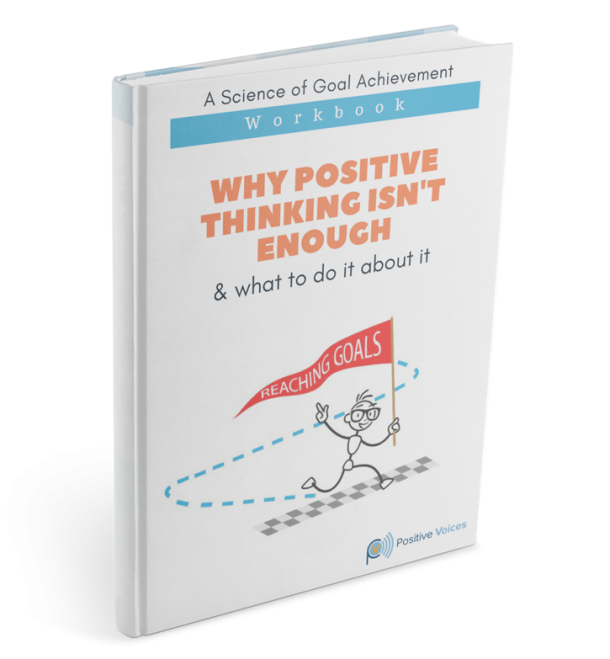The Voices of Positive Voices
our blog
Habits: Use less Will Power and Rock your Life
“You will never change your life until you change something you do daily.” ~ John C. Maxwell
 When Fall rolls around, much like New Year, I find myself doing a mini “reboot” of sorts. For me, as kids head back to school and all the tomfoolery of summer fades away, I want to hone my habits and get back on track where I might have begun to wander.
When Fall rolls around, much like New Year, I find myself doing a mini “reboot” of sorts. For me, as kids head back to school and all the tomfoolery of summer fades away, I want to hone my habits and get back on track where I might have begun to wander.
When you look at the statistics on New Year’s resolutions, they clearly are not as effective as we might like. Only about 8% of those who make New Year’s resolutions keep them. So if they don’t work in January, they are not going to work in September. Given that, let’s look at some useful “best practices” when it comes to follow-through and attaining what we desire.
When I think of follow-through, I ultimately bump into my own relationship with my will power. But there is more to it than simply deciding something and then trying to brute force our way through with sheer willpower. Through research, we have learned important things about self-regulation (our ability to that helps us control and direct ourselves including feelings, thoughts and actions). It turns out self-regulation is key in our pursuit of happiness. Let’s face it…. if we can’t keep ourselves on track, we won’t ever reach our goals. Research bears it out – people who have high levels of self-regulation tend to be more successful, have higher self-esteem and have better relationships.
Self-regulation has the long-term power to keep us on track, regulating our behavior and supporting better decisions. But, self-regulation can falter, relying on a limited resource, much like energy. When depleted, we can get off track, falling into old habits and forgetting our new goals. So, what strategies can we use to avoid a faltering will? How can we reduce the toll on our self-regulation? Forming habits is one such strategy. Scholars tell us that forming habits allows us to put some things on “autopilot” which, in turn, reduces the toll on willpower and frees us to focus on more complex things. According to studies led by Wendy Wood of Duke University, forming habits is less stressful and require less mental energy than deliberate goal setting.
My number one recommendation is to look at your goal and turn it on its ear – turn it into a new habit. Ask yourself, what habits can you form that would support your goal? For example, rather than have the goal of losing weight, resolve to walk 10,000 steps every day. Rather than resolving to write a book, resolve to write a minimum number of words each day. Rather than resolving to learn to play the guitar, resolve to play for 20 minutes or more each day. Since our days are built through our habits and our lives are built from our days, we can become that writer, musician or size 6.
That begs the question, how do we form habits? Science helps us here too. Follow along as I dive into habits and how they can be the cornerstone of fulfilling our goals.
Starting the Habit Habit
First things first, and that means we have to get started. Start STRONG. To solidify a good habit, they should be launched aggressively, so launch it with gusto. And then once launched, avoid missing an opportunities to reinforce our new habit.
That does not mean that our new habit has to be a huge undertaking. In fact, there is often merit in starting small. If there is something we do everyday, in a year, we will have done that habit at least 365 times, which can translate to big gains. How small you start really depends on you. But, it you are having trouble with motivation, start really, really small. Think baby steps. When I was having a hard time getting a meditation practice going, I finally relented and chose the baby step of doing just 1 minute a day. This was something my brain didn’t resist. I found that more often than not, my 1-minute extended to a longer meditation.
Commit 100%
100% commitment to a new habit can also reduce our pull on self-regulation, as habit decreases conscious attention required. I love the quote by Jack Canfield, author of the Chicken Soup for the Soul series, “99% is a bitch. 100% is a breeze.” I know that it’s certainly true for me. When I used to say I was going to work out five times a week, there was a decision point every day. Was today an exercise day or not? Since I have decided, rain or shine, I do some exercise every single day, I don’t have to even have the conversation with myself. As I climb on my treadmill, I might decide to do more or do less, but regardless, I am doing it every single day. It has made all the difference. Let’s face it, the more details we hand over to automation the more we are set free to our work and lives.
Secure One Habit Before Starting Another
There isn’t agreement across the research on how long it takes to secure a habit. What we do know is that simpler habits form more quickly than more challenging ones. In a study at the University College London, 96 participants tried varying new daily habits. Researchers found that the less challenging habits took about 21 days to form, while the more difficult took more than four times the amount of time. The average was 66 days. Regardless of how long it takes for you to form your new habit, we do know that habit formation is more successful if we secure one habit before adding to that habit or starting another. So be sure to give yourself time for your habit to become automatic.
This is certainly not meant to be a comprehensive list of tips around building good habits. A quick search on Amazon yields thousands of titles related to habits. But all of tips I shared not only come from empirical study, but also are pack a lot of firepower.
I hope you consider habit formation as a way to building “the you” and the life you desire. Aristotle tells us “We are what we repeatedly do.” So, let’s make our days count by repeatedly doing what works for our lives.
Sources
Baumeister, R. F., DeWall, C. N., Gailliot, M., & Oaten, M. (2006). Self-regulation and personality: how interventions increase regulatory success, and how depletion moderates the effects of traits on behavior, Journal of Personality, 74 (6), 1773-1801.
Guise, S. (2013). Mini habits. Smaller habits, bigger results. Amazon Distribution, Leipzig.
Krech, Gregg (2014-11-16). The Art of Taking Action: Lessons from Japanese Psychology (p. 53). ToDo Institute Books. Kindle Edition.
McGonigal, K. (2011). The willpower instinct: How self-control works, why it matters, and what you can do to get more of it. Penguin.
Tangney, J., Baumeister, R., & Boone, A.L. (2004). High self-control predicts good adjustment, less pathology, better grades, and interpersonal success. Journal of Personality, 72, 271-324.
Wood, W., & Neal, D. T. (2007). A new look at habits and the interface between habits and goals. Psychological Review

Coping with COVID with Larry King
The world is facing unprecedented times: raging riots, divisive politics, and of course COVID-19. We are only six months into 2020 and we’ve certainly taken a turn into uncharted territory! With all of the information being tossed around, it can be difficult -- and...

Self-Care and Well-Being During Times of Uncertainty
Self-care is more important now than ever -- adopt these nine practices to enhance your well-being and thrive in the face of challenge. Life is filled with uncertainties and stressors -- especially now. With so many unknown factors surrounding the COVID-19 pandemic...

The Coronavirus: Eight Methods for Coping During this Time
The coronavirus is giving the global community a run for its money. Not only is it tapping out our economy, political system, medical system, educational system, and the like, it’s also putting a lot of personal pressure on each of us and our families. Yet amid the...
Don't Be Shy. Get In Touch.
If you are interested in working together, send us an inquiry and we will get back to you as soon as we can!

